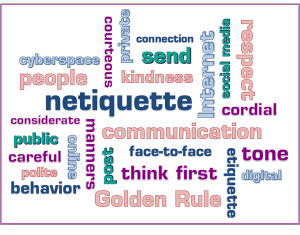 I covered the biggest issue of 2020 back in 1988.
I covered the biggest issue of 2020 back in 1988.
I covered it in two ways.
On the one hand I covered the Electronic Networking Association for Newsbytes.
The ENA featured such cutting-edge minds as Mike Godwin and Joichi Ito. They met online, using software called PARTIcipate. They were communicating across nations and time zones. It was exciting.
They didn’t want to spoil it. They developed rules known as Netiquette to define proper behavior.
Netiquette can be summarized thusly: be nice. Assume goodwill. Be polite. Accept disagreement as legitimate. Don’t lie to make a point. Remain inquisitive and friendly. Understand that the person reading what you “say” can’t read your body language. Account for that.
 Around the same time, Newsbytes got a contract with CompuServe, and I joined some of their forums. These included political forums.
Around the same time, Newsbytes got a contract with CompuServe, and I joined some of their forums. These included political forums.
People there had never heard of netiquette. They were engaged in a life-or-death struggle for power. This was the year of Lee Atwater, of Willie Horton, of Michael Dukakis in a tank. Dukakis, unfortunately, assumed goodwill on the part of his opponents. He played by the rules of Netiquette and was torn apart.
I engaged a little in his behalf. I was gaslighted, I was outraged, my responses were deliberately misinterpreted. I was called vile names and, when I responded in kind, told to calm down.
Move these tactics from the periphery to the center and you have Trump.
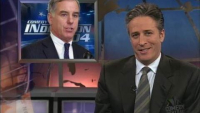
Then came 2004 and the rise of the “Netroots.” Howard Dean’s blog excited liberals, but he failed to scale the intimacy, so thousands of orange-hatted volunteers scared Iowa into supporting John Kerry. By 2008 veterans of that campaign had the ear of Barack Obama. Google technology let him do things Dean couldn’t dream of doing, coordinating millions of volunteers into an effective army of registration and activism.
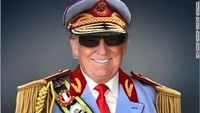
Politicians around the world have since learned how easy it is to manipulate social media, and how easy it was (with power) to prevent manipulation in the other direction. Journalism lost its business model to this medium, and those who inherited its power found lies were as profitable as truth, especially when they weren’t writing them.
That’s where we are today.
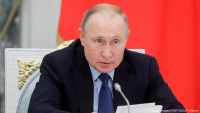
On the other hand, we have civil society. We’re outraged at what’s happening, but intellectuals are a minority everywhere. We don’t see any way to think our way through this. If we engage with them as they engage with us, we’re dragged down to their level. If we refuse and engage through Netiquette, they’ll bury us and laugh.
Is there an answer to this? I don’t know, but I have some ideas.
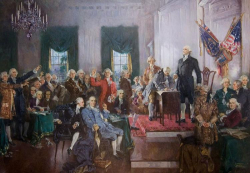
Next, get a social network to subscribe to these rules. Maybe Facebook doesn’t care, but maybe Microsoft and Apple do. Twitter is already starting down this road, although it’s made of yellow bricks and they’re still in Munchkin Land.
Unfortunately, things have gone so far that we can’t expect any government, even our own, to accept and enforce these rules. The so-called “leader of the free world” is a lunatic, who defies all rules as a matter of course. He’s teaching a whole generation of assholes, who will only stop when they’re kept out of serious discussions of policy.
In a way, we’ve come full circle. In the 1980s we talked about adapting politics to technology. In 2020, we must adapt technology to politics, a new kind of politics in which civil society has a chance to become the majority party, and where online liberty is ordered.









